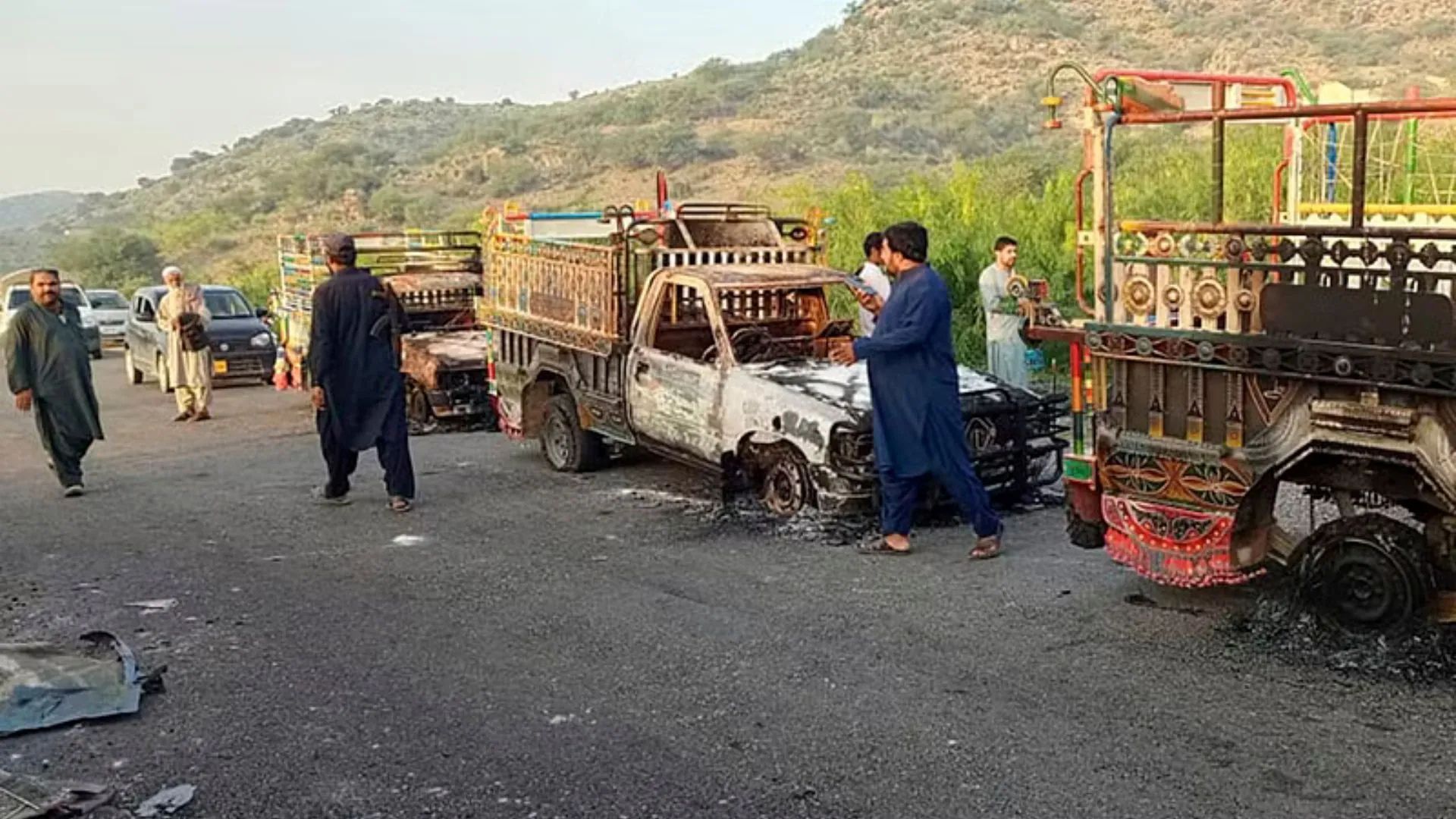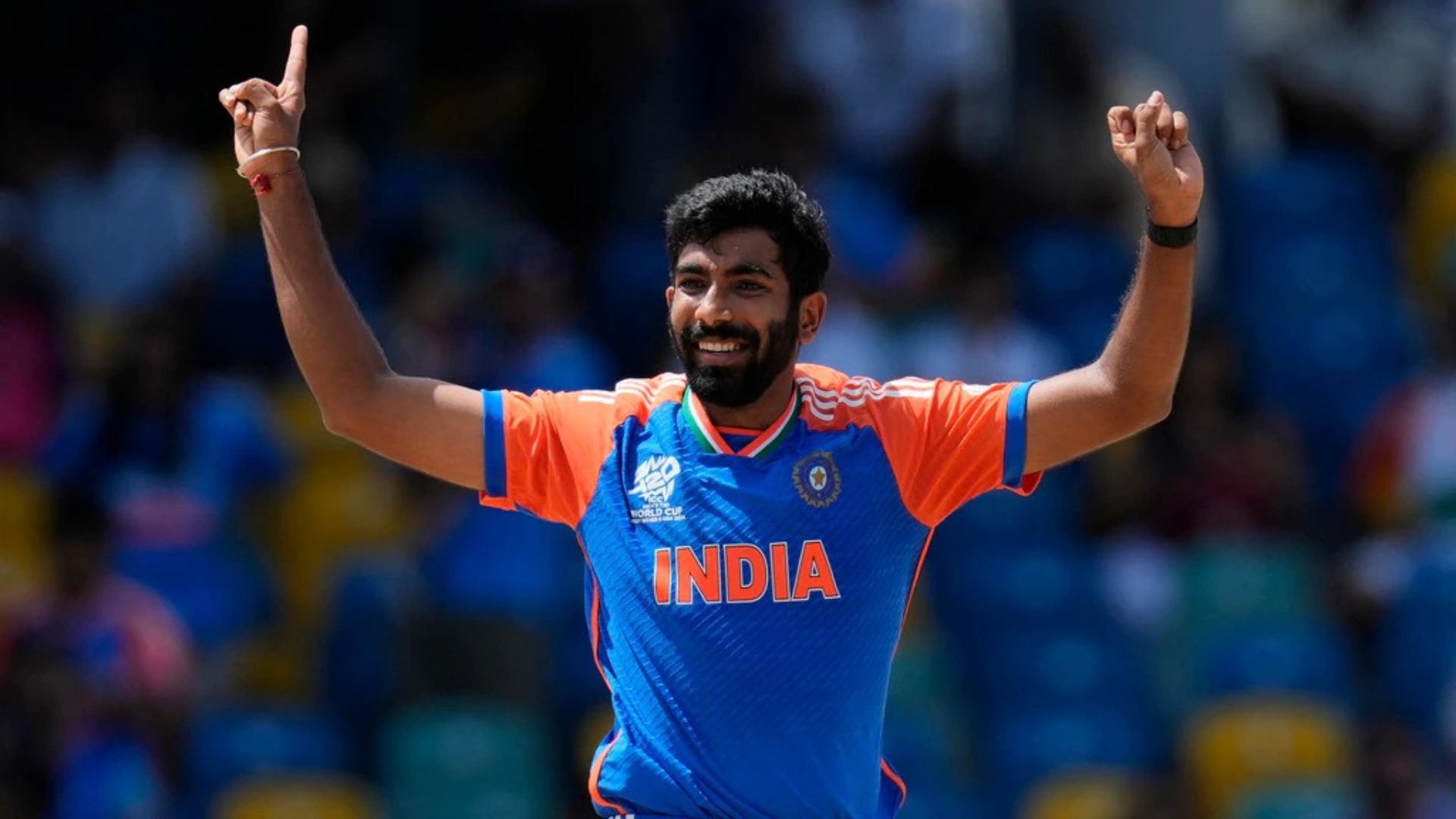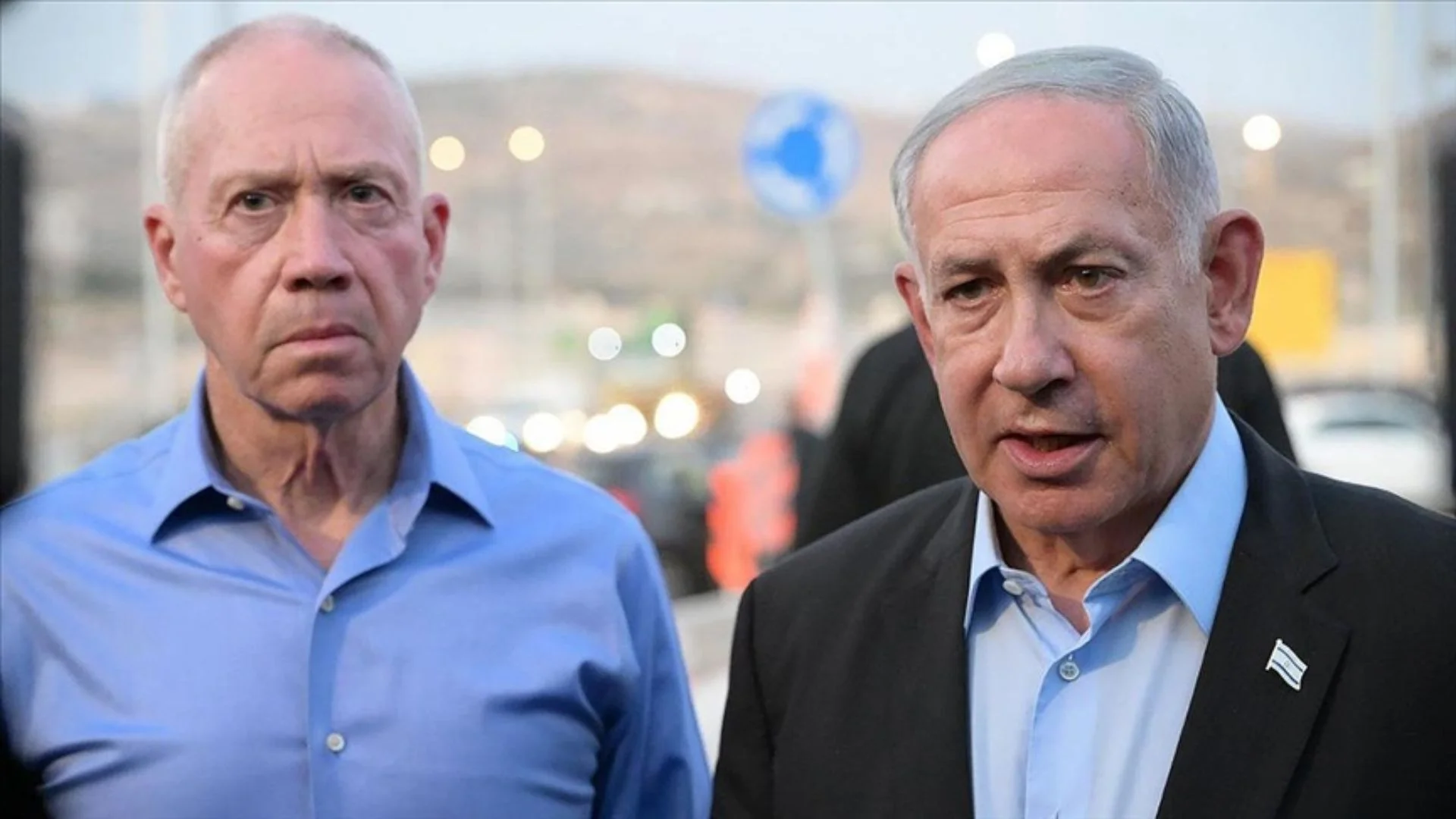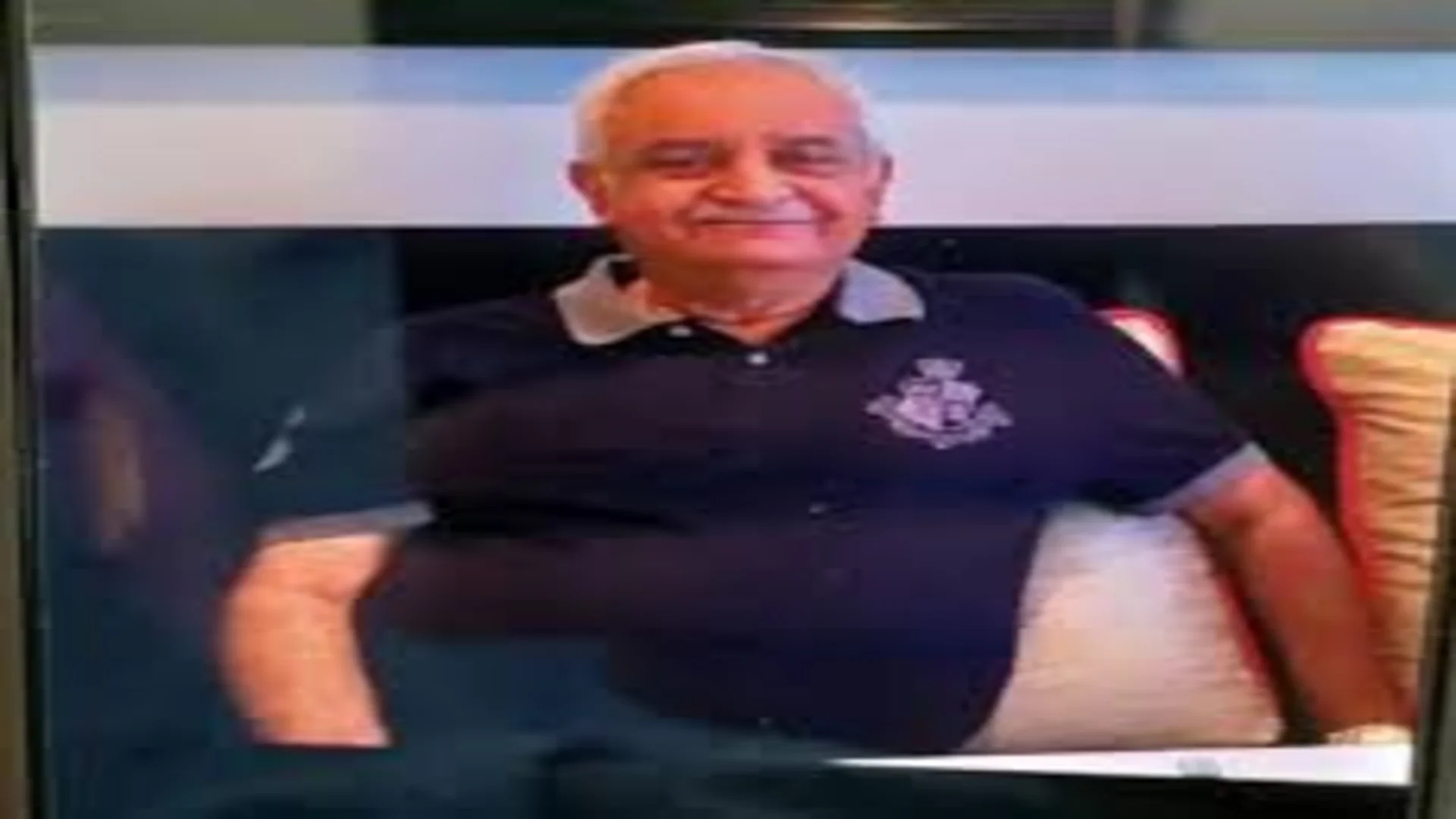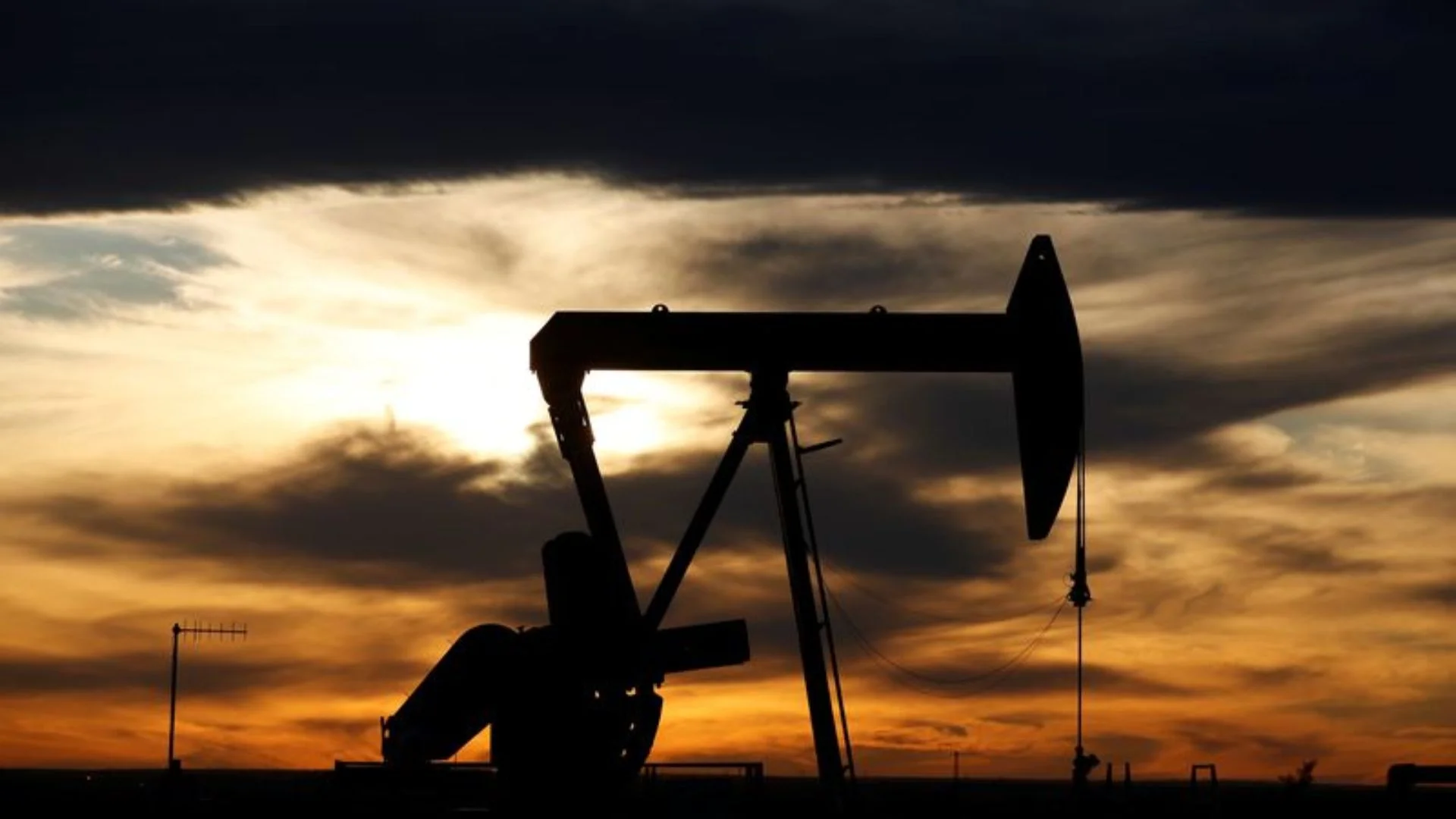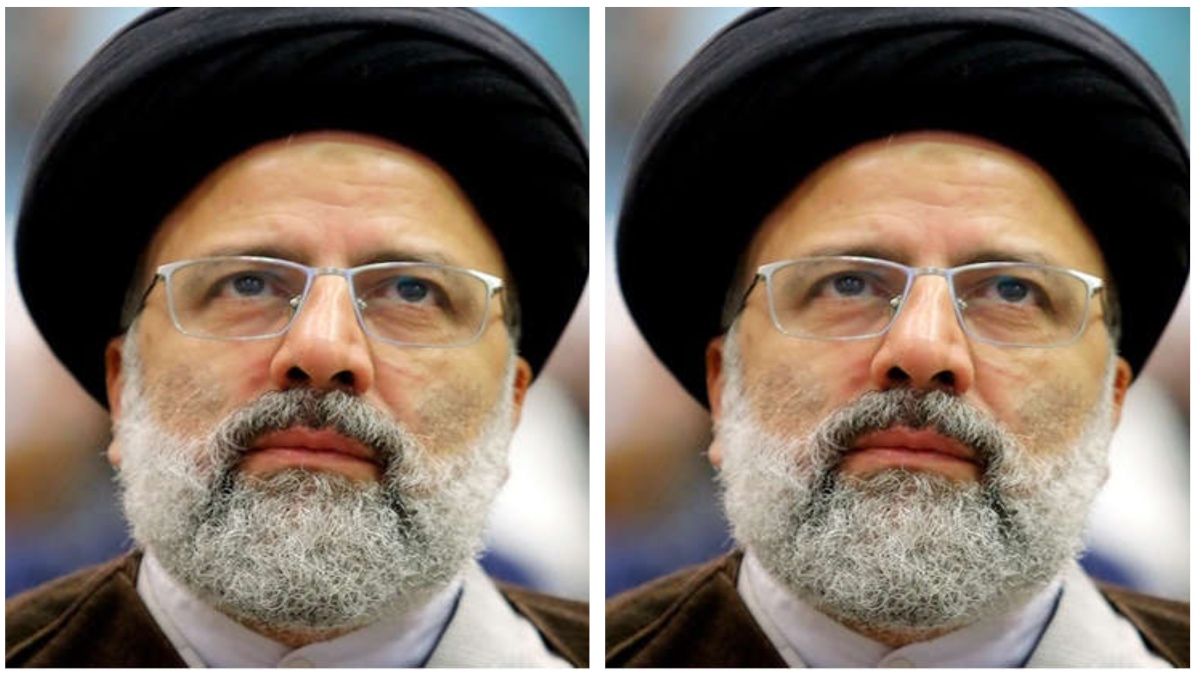
Hard-line Chief Justice Ebrahim Raisi won Friday’s elections in Iran, getting 17.8 million votes, while his main opponents — former Revolutionary Guard commander Mohsen Rezaei got only 3.3 million, and moderate former Central Bank Governor Abdolnasser Hemmati 2.4 million. Voter turnout hit a record low as only 28 million out of 59 million eligible people exercised their right to vote. Coming after last year’s parliamentary election, in which the conservatives won a large majority, the election of Ebrahim Raisi means that ultra-conservatives now have absolute control over Iran, as moderates have lost all important positions of influence in the Islamic Republic. All the regime’s institutions are now in the hands of conservative hard-liners.
The results of the election signal a clear defeat of reformists and a break from the reform agenda headed by President Hassan Rouhani and Iranian Foreign Minister Mohammad Javad Zarif since 2013.
It should be noted that although the President of Iran has significant influence over domestic policy and foreign affairs, it is Supreme Leader Ayatollah Ali Khamenei who has the final say on all state matters.
The big abstention from voting may be explained by the fact that the Guardian’s Council, an unelected body consisting of 12 theologians and jurists, which vetted the 600 candidates for the presidency, rejected all but seven men as unqualified.
Subsequently, three of the candidates withdrew from the race. The Guardian’s Council rejected even the candidacy of former Parliamentary Speaker Ali Larijani.
The whole election was marked by political restrictions, apathy and frustration of voters who saw their standard of living falling further, inflation soaring to 48 per cent and the value of the rial falling from 50,000 to 250,000 to the dollar, while the threshold of poverty hovers between 70-80 per cent of the population.
Voter turnout was the lowest since the 1979 Revolution, although the leadership has touted high voter turnout as evidence of the legitimacy of the Islamic Republic.
During the election campaign, Ebrahim Raisi vowed to fight corruption and solve Iran’s economic problems, promising to form an active, anti-corruption administration. He also promised to remove US sanctions.
Raisi has been strongly critical of President Rouhani since the nuclear deal began to unravel under former US President Donald Trump’s administration.
Although both Raisi and Supreme Leader Khamenei are declared opponents of the West, they are believed to be in favour of a return to the international deal (JCPOA) on Iran’s nuclear activity.
“We will be committed to the JCPOA as an agreement that was approved by the supreme leader,” Raisi said during a debate on 12 June.
According to press reports, negotiators in Vienna, trying to revive the 2015 nuclear deal, remain cautiously optimistic, while each side expects the other to make the first move.
As Raisi was one of the judges linked to executions of political prisoners, the EU and the US have imposed sanctions on Raisi for his role in the human rights violations that happened in Iran, particularly for the executions of political prisoners in the 1980s and the suppression of unrest in 2009.

